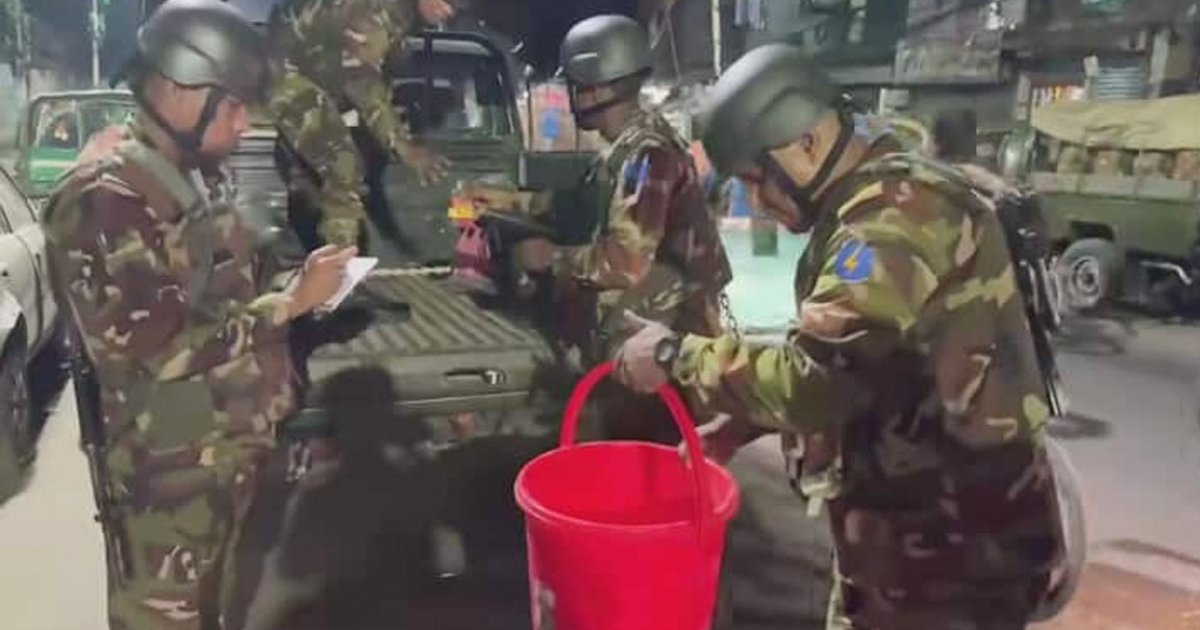Diddy Appeals Conviction and Prison Sentence: Here’s What His Lawyers Will Likely Argue
The much-anticipated appeal is bound to focus on whether or not Combs coerced his girlfriends into having sex with escorts.

Attorneys for Sean “Diddy” Combs have officially filed the much-awaited paperwork to appeal his conviction and four-year prison sentence for arranging cross-country prostitution events known as “freak-offs.”
Combs was found guilty of interstate prostitution following a sensational trial this summer, though jurors acquitted him of more serious sex-trafficking and racketeering charges. Judge Arun Subramanian handed down the disgraced rap mogul’s prison sentence on Oct. 3.
Paperwork filed Monday (Oct. 20) indicates that Combs’ lawyers will now fight both his conviction and four-year sentence before the Second Circuit Court of Appeals, which oversees legal challenges elevated from New York and surrounding states.
Monday’s court filing is short and procedural, with arguments expected to be fleshed out in appellate briefs over the coming months. But previous statements by the Combs attorneys provide somewhat of a roadmap for their arguments in the much-anticipated appeal.
According to ABC News, defense lawyer Marc Agnifilo told reporters after the sentencing hearing that a major focus at the Second Circuit will be so-called acquitted conduct. This refers to the tricky interpretive question about what, exactly, the jury signified when they found Combs guilty of some counts but not guilty of others.
Specifically, the key question here is whether jurors completely rejected the idea that Combs’ girlfriends were coerced into having sex with male escorts during freak-offs. To Combs’ lawyers, the answer is a resounding “yes”: In acquitting him of sex-trafficking, they say, the jury determined that these sex marathons were entirely consensual.
Judge Subramanian indicated otherwise during Combs’ sentencing hearing. The judge said Combs’ conduct amounted to “subjugation” and that significant prison time was necessary to “send a message to abusers and victims alike that exploitation and violence against women is met with real accountability.”
“What we feel happened today was that the judge acted as a 13th juror, and that he second-guessed the jury,” Agnifilo told reporters afterward. “The jury’s verdict was resoundingly clear. There was no sex trafficking, there was no racketeering, everything was consensual, everything was adult, which is why he was convicted only of the prostitution offense.”
Combs’ lawyers will likely make this same argument to the Second Circuit, urging the appeals court to order a shorter prison sentence that more accurately reflects the jury’s partial acquittal.
In addition to arguing about sentencing, the defense team will likely tackle the sufficiency of Combs’ prostitution conviction itself. They’ve previously said Combs never should have been charged under the Mann Act, which makes it illegal to transport people across state lines for prostitution.
The law has ugly origins in criminalizing interracial relationships; it was originally called the White-Slave Traffic Act of 1910. Combs’ attorney Alexandra Shapiro argued during a post-trial hearing last month that the statute’s history is “an embarrassment to the United States of America.”
Combs’ lawyers may also return to their creative argument that because he videotaped the freak-offs, the events constituted amateur pornography shoots protected by the First Amendment. Judge Subramanian rejected this idea when he refused to grant Combs a new trial.
The appeals process is often lengthy, and Combs will likely serve a sizeable chunk of his prison term before the case is decided. In the meantime, Combs’ team is also pursuing an alternate strategy to get him out: a presidential pardon from Donald Trump.
Reps for Combs and the prosecution did not immediately return requests for comment on Monday.

What's Your Reaction?















































